
Impact of Short-Term Transportation Stress on Equine Endocrine and Immune Function
New research shows that veterinarians might need to allow several hours between transportation and testing for conditions such as PPID.

New research shows that veterinarians might need to allow several hours between transportation and testing for conditions such as PPID.
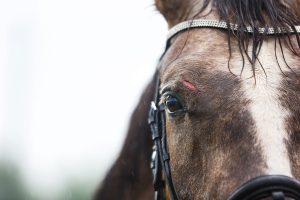
Learn how the horse’s immune system uses inflammation to defend against pathogens in this article from the Summer 2023 issue of The Horse.

Smoky air makes breathing difficult and can exacerbate equine asthma. Learn how to support your horse’s respiratory health via nutrition and reduce airway irritants during fire season.
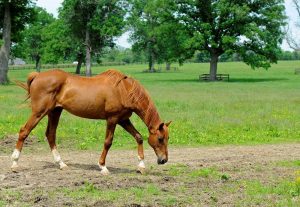
Researchers have learned more about inflammatory biomarkers and their presence in horses with inflammaging, or age-related bodywide inflammation.
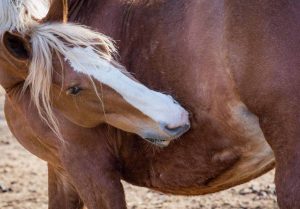
Lumps, bumps, coughs, wheals, and wheezes: a basic overview of equine allergies.
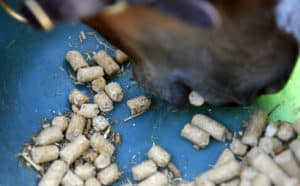
Your horse’s diet and gut health could play a role in his immune response, though age, stress, and obesity are likely bigger factors.

Veterinary authorities recommend these vaccines for all horses, every year.

Confused by the various vaccine types, schedules, and administration routes for horses? Here’s what you need to know.

An overactive immune system, environmental factors, genetics, and exposure all contribute to equine allergies.

Here’s what you can do to help your allergy-prone horse prepare for the onslaught of seasonal allergens.

Lumps, bumps, coughs, wheals, and wheezes: a basic overview of equine allergies.

Senior horses with PPID need careful monitoring and preventive care because of equine Cushing’s effects on immunity, exercise tolerance, thermoregulation, and wound healing.

Dr. Amanda Adams and Erica Jacquay of the University of Kentucky describe new research on how horses of all ages respond to transport—even just trips of 1.5 hours.

Our editor-in-chief, Stephanie, found a fish oil her horse will actually eat. It’s supported his weight, energy, and skin through winter temperatures and travel stress.
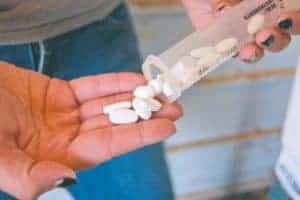
Here are questions veterinarians should consider when deciding whether to treat a horse with an antibiotic.

A researcher who specializes in aging equines offers nutrition, dental care, parasite control, vaccination, exercise, and health monitoring for seniors.
Stay on top of the most recent Horse Health news with
© 2022 Copyright Statement dolor sit amet, consetetur sadipscing User Terms, sed diam nonumy eirmod tempor invidunt ut labore et dolore magna aliquyam erat, sed diam voluptua. At vero eos et accusam et justo duo dolores et ea rebum. Stet clita kasd gubergren, no sea takimata sanctus est Lorem ipsum dolor sit amet.
"*" indicates required fields